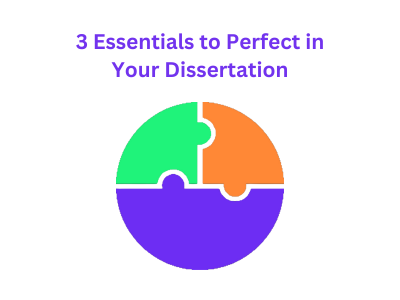Show academic integrity
Even if you feel strongly about your claim, be fair. Don’t pick a side and present a biased argument. Rather, explain the main claims or debates and contrast the strengths of yours against the weaknesses of the other(s). Then, the merits of your claim will emerge and the argument for your research will be fair and balanced.
Don’t use secondary sources
Unless you check out the original source of a secondary reference, you will not know if the original has been interpreted correctly. By checking the original, you’ll see exactly what the original claim was and then you can use it correctly in your argument as a primary source.
Use the writing style of ‘claim + reference(s)’ to raise the level of your writing style
By emphasizing what the author is saying with the reference in parentheses, instead of emphasising who is saying it, you will elevate the conceptual level of your writing. So, use ‘claim + reference(s)’ rather than ‘reference(s) + claim’.
Use the ‘Cited by’ feature in Google Scholar
The ‘Cited by’ feature in Google Scholar is a forward search – it allows you to see articles that have referenced the article you’re citing. It will help you to gain perspective on your article and update your references.
Check that you’ve addressed the objectives of the literature review chapter
Once you have written the chapter, make sure that you have achieved three main objectives. First, check that you have elaborated on the key debates and concepts presented in the Introduction chapter. Second, check that you have justified your research in the context of prior research and theory. Third, check that you have established a clear argument for the conceptual framework of your study.
Then you’re good to go 😊



